Not drinking water may lead to acne, but it is not the direct cause. Skin dehydration can lead to abnormal keratinocyte metabolism, imbalanced oil secretion, toxin accumulation, weakened barrier function, and aggravated inflammatory response, which may trigger or worsen acne. When water intake is insufficient, the moisture content of the stratum corneum of the skin decreases, and waste keratin cannot be shed normally, which can easily clog pores and form closed comedones. Sebaceous glands secrete more oil to compensate for dryness, which, when mixed with dead skin cells, further exacerbates pore blockage. At the same time, slowing down blood circulation can affect toxin metabolism, and metabolic waste that is not excreted in a timely manner may stimulate hair follicle inflammation. Long term dehydration can also weaken the skin barrier function, making it easier for external bacteria to invade and cause infectious acne. Some people are more sensitive to dehydration, such as those with oily skin who have strong sebum secretion, and dehydration can accelerate the process of oil oxidation. People who are in adolescence, premenstrual period, or stress period are more likely to develop inflammatory acne due to hormonal fluctuations combined with dehydration. But simply not drinking water is rarely the only cause, usually combined with factors such as high sugar diet and staying up late to significantly cause acne.
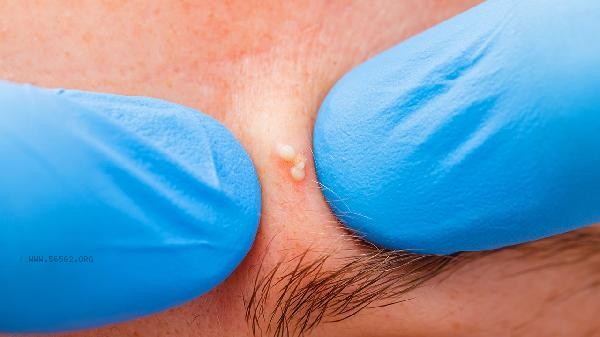
It is recommended to drink 1500-2000 milliliters of water per day, which can be paired with high water content fruits and vegetables such as cucumbers and tomatoes. Choose amino acid based cleansers when cleaning to avoid excessive fat loss and worsening dryness. During acne, moisturizing products containing ceramides can be used to repair the barrier, combined with skincare products containing salicylic acid or almond acid to gently unclog pores. If acne recurs and is accompanied by severe dryness and flaking, it is necessary to investigate whether it is combined with skin diseases such as seborrheic dermatitis or rosacea.

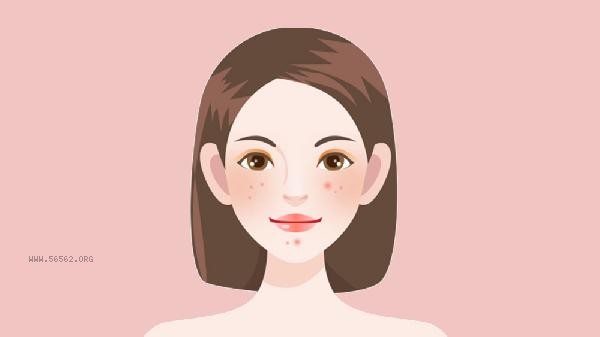

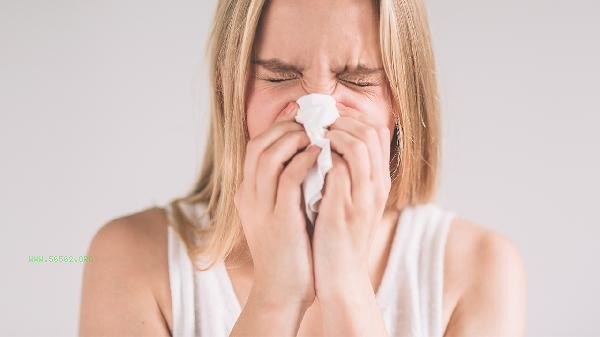
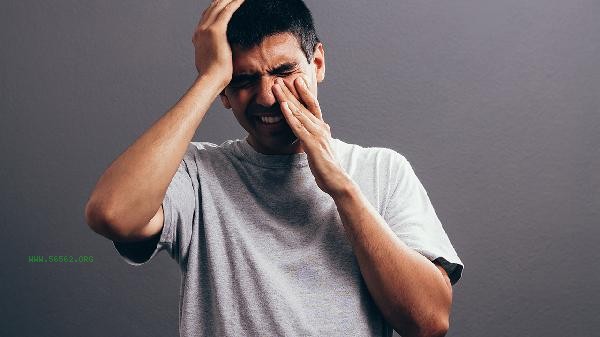
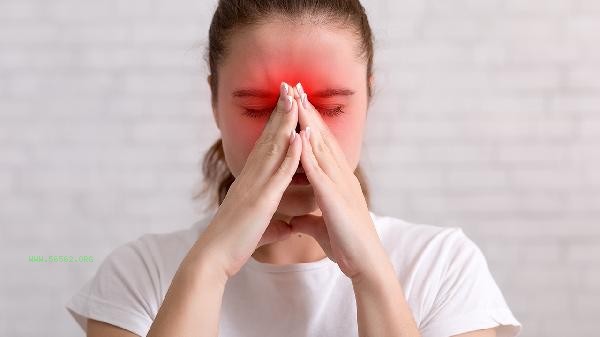
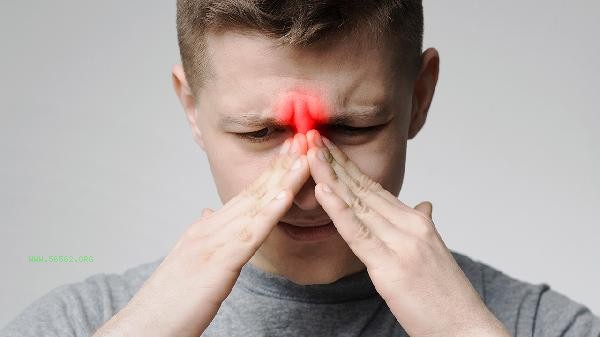
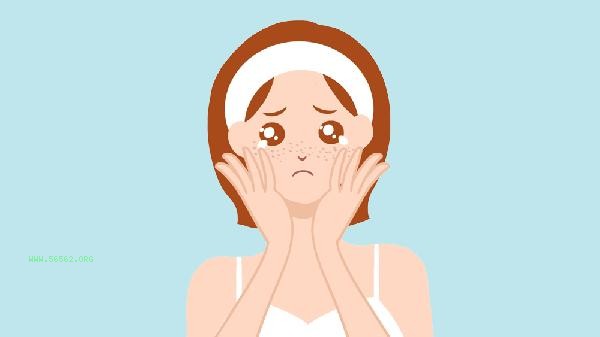


Comments (0)
Leave a Comment
No comments yet
Be the first to share your thoughts!